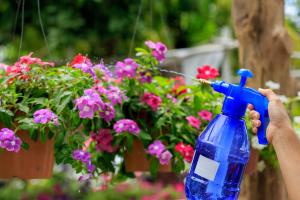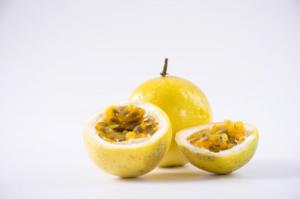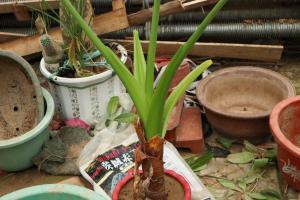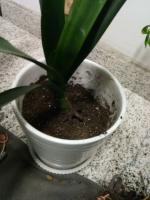How to Water Air Plants in Winter
Air plants, also known as Tillandsia, are popular houseplants that require very little care due to their unique growing habits. These plants do not require soil and absorb nutrients and moisture through their leaves. However, when the weather turns colder and drier in winter, air plants may need some extra attention to stay healthy.
Understanding Air Plant Watering Needs
Before diving into how to water air plants in winter, it's important to understand their watering needs. Air plants require regular misting or soaking to keep them hydrated, but overwatering can lead to root rot. During the winter months, the air is often drier, so air plants may need more moisture than in other seasons.
Misting Air Plants
One way to water air plants in winter is through misting. Fill a spray bottle with water and mist the plant once a day, or as often as needed, to keep the leaves hydrated. Avoid using tap water, as the chemicals in it can damage the plant. Instead, use filtered or purified water. Be sure to mist the leaves evenly and thoroughly, but do not soak the plant in water.
Soaking Air Plants
Soaking air plants is another way to hydrate them in winter. Fill a bowl with tepid water and submerge the plant for 20-30 minutes. After soaking, gently shake off excess water and let the plant dry in a well-ventilated area for several hours. Do not let the plant sit in water, as this can lead to root rot.
Using a Humidifier
If you have several air plants, or live in a particularly dry climate, using a humidifier can help keep them healthy in winter. A humidifier adds moisture to the air, which can prevent the plants from drying out. Set the humidifier to a low setting and keep it in the same room as the air plants, but not too close to them.
Final Thoughts
Watering air plants in winter is essential to keep them thriving. Whether you choose to mist or soak your plants, be sure to do so regularly and with the right type of water. Remember to avoid overwatering and let the plants dry out after watering to prevent root rot. With proper care, air plants can brighten up your home all year round.

 how many times do yo...
how many times do yo... how many planted tre...
how many planted tre... how many pine trees ...
how many pine trees ... how many pecan trees...
how many pecan trees... how many plants comp...
how many plants comp... how many plants can ...
how many plants can ... how many plants and ...
how many plants and ... how many pepper plan...
how many pepper plan...































